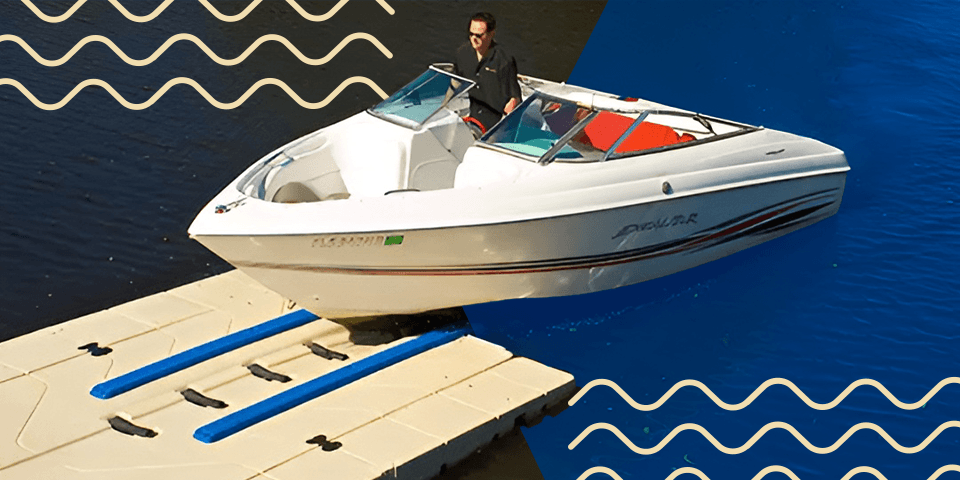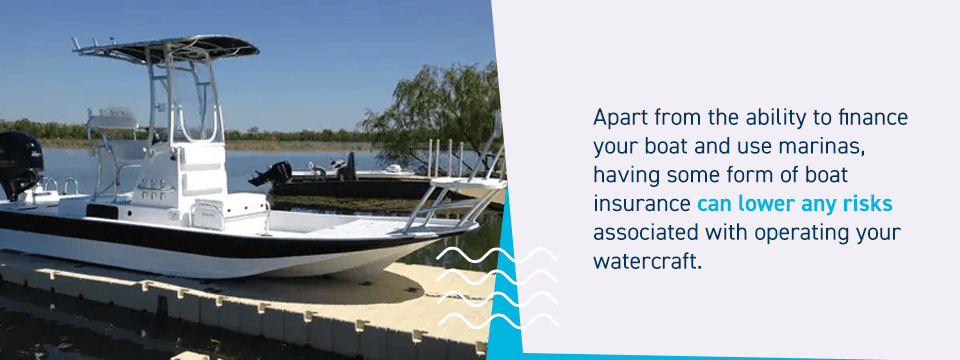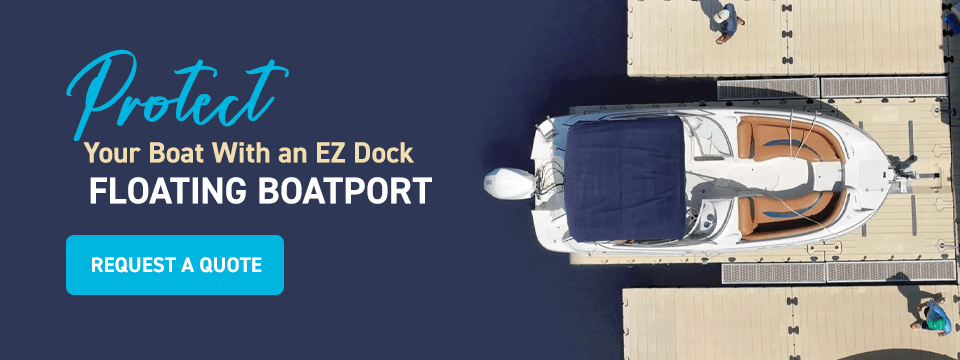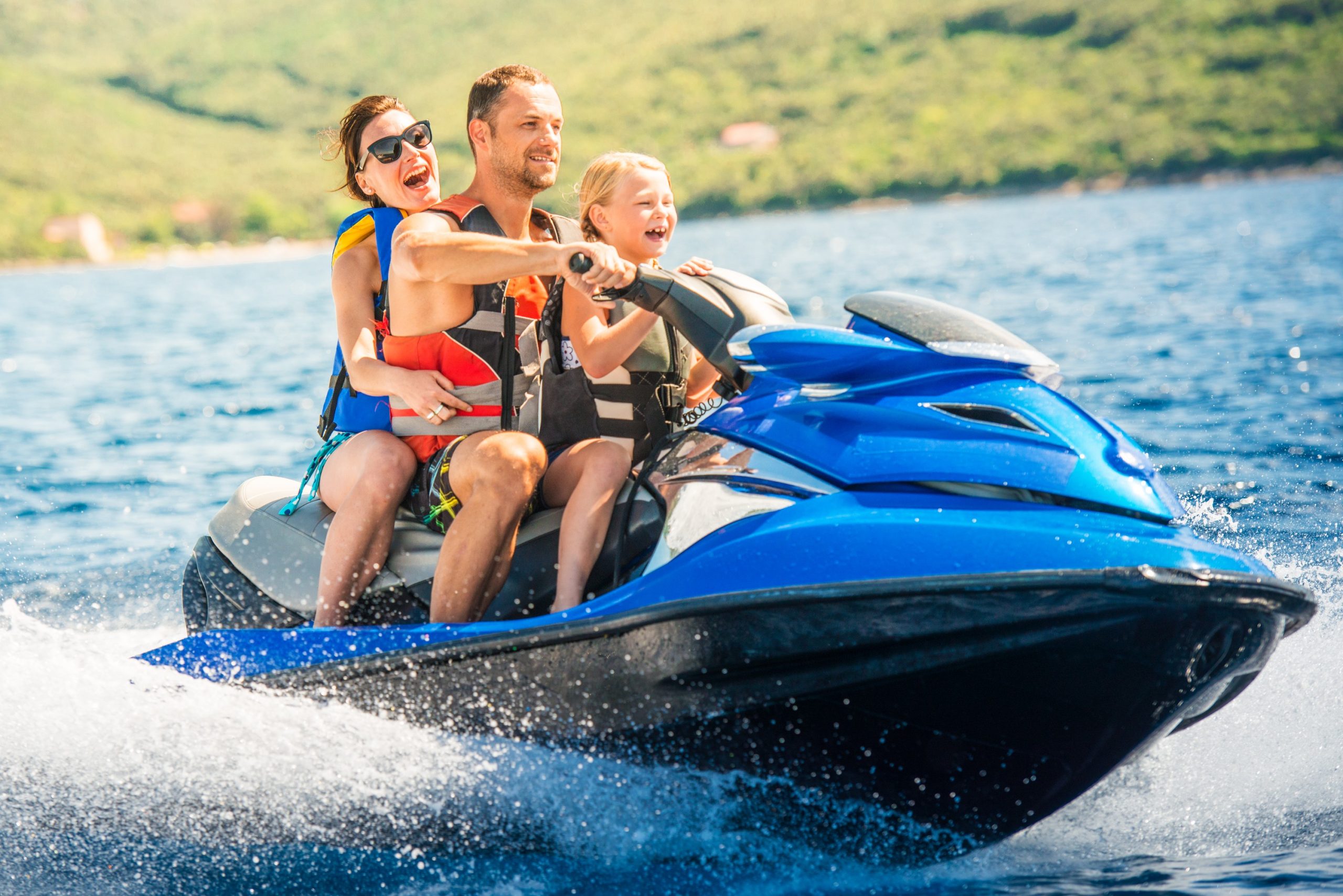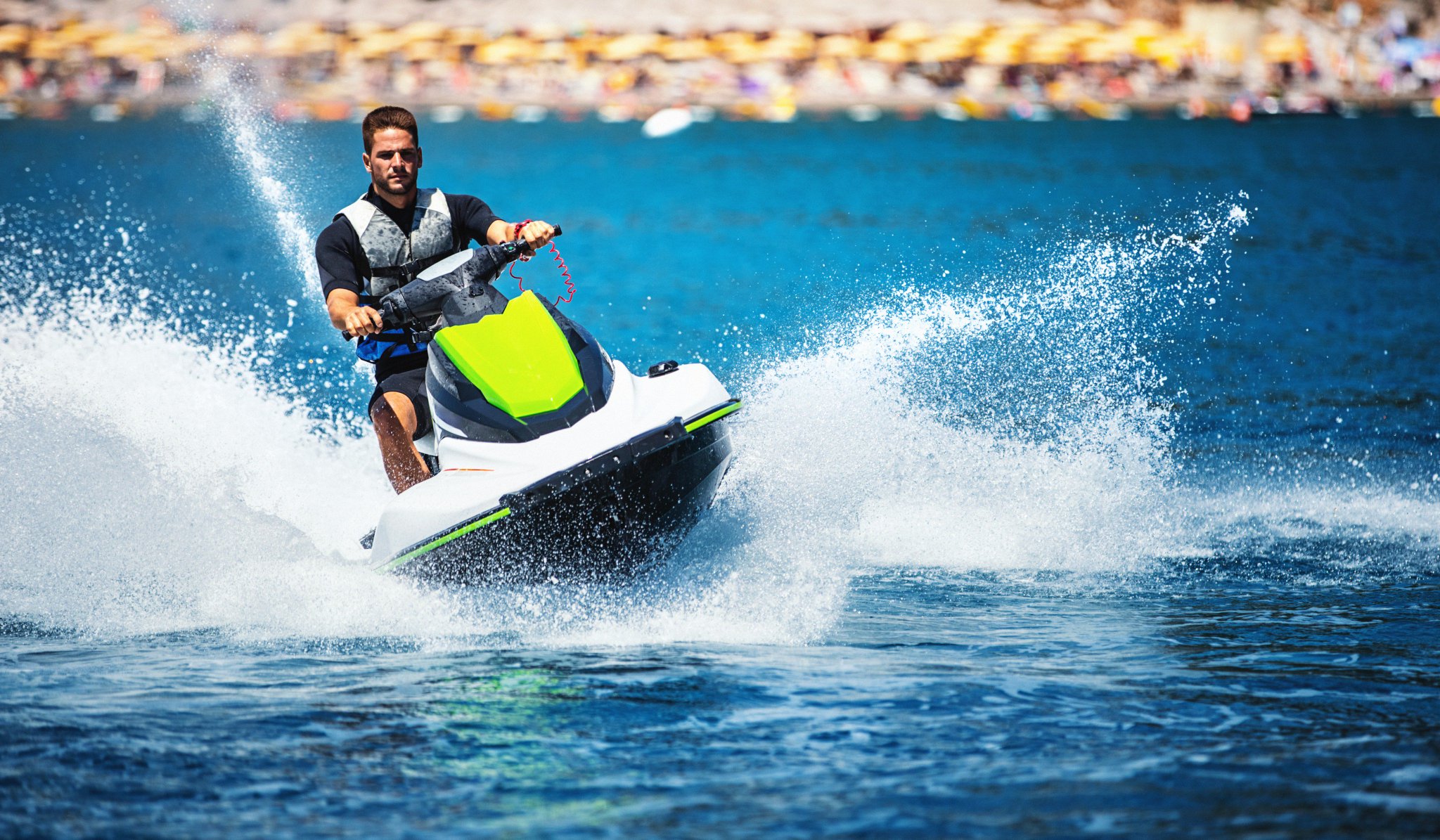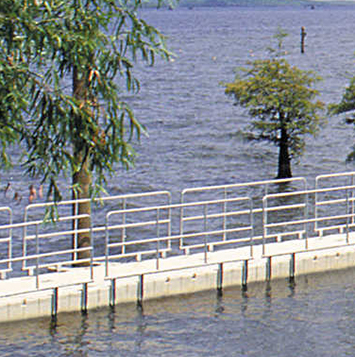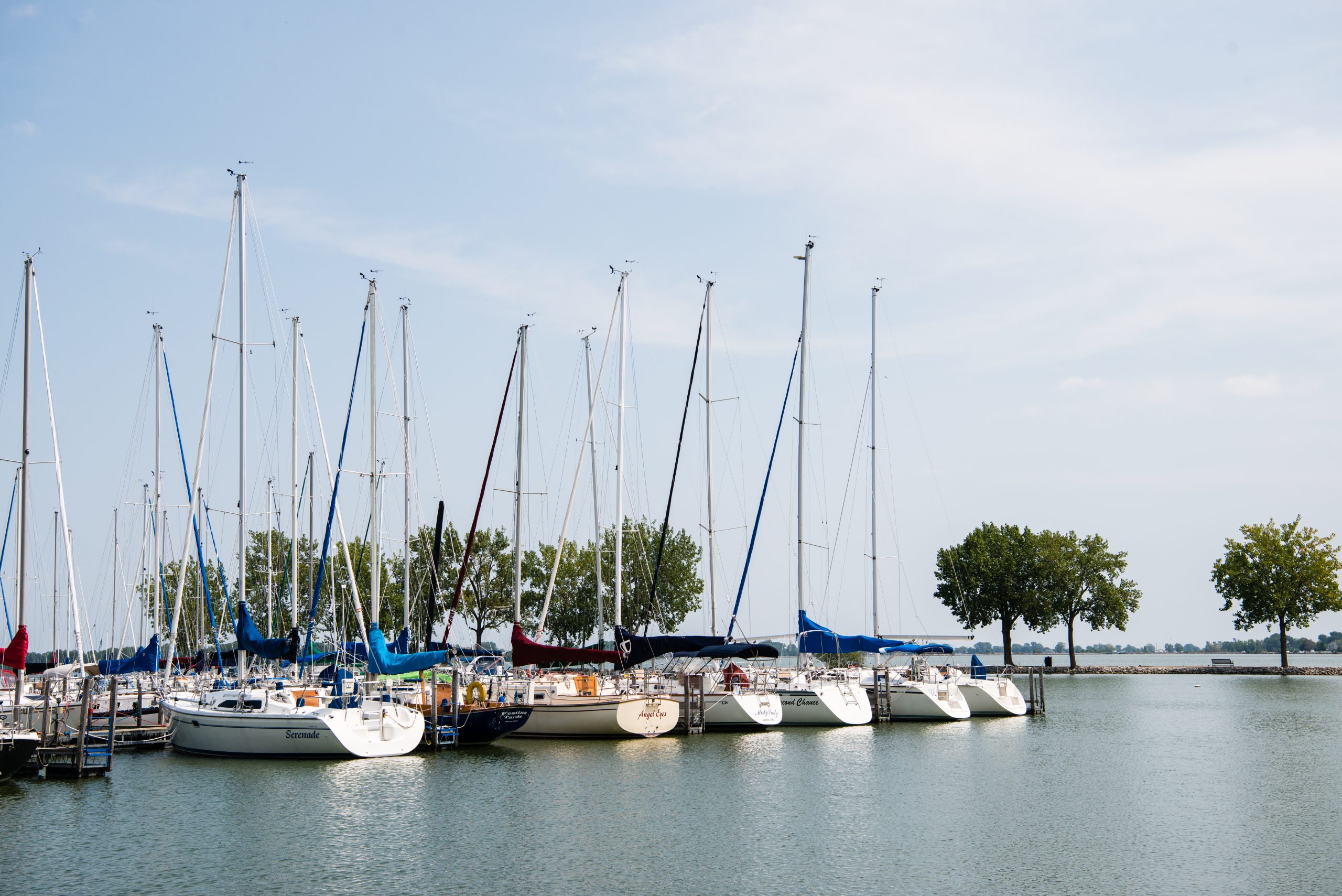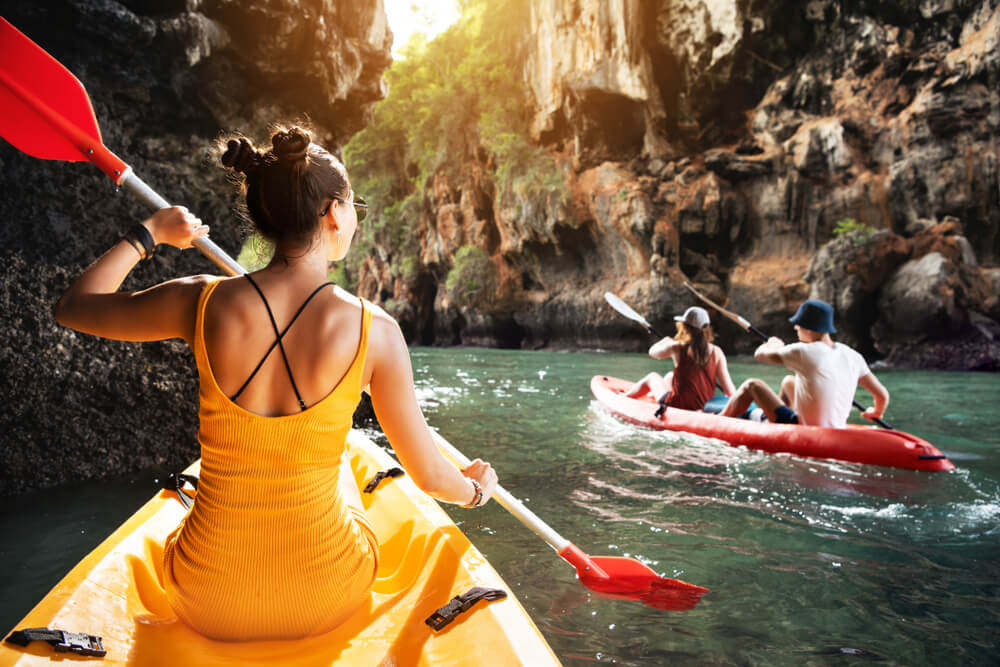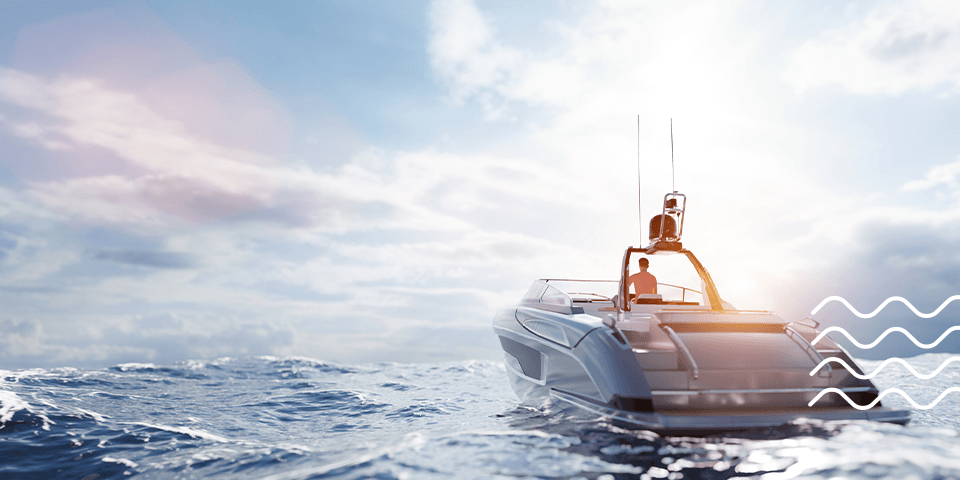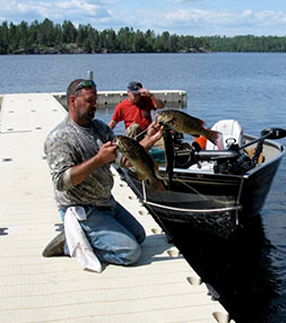Filters
Does Indiana Require Boat Insurance?
Congratulations! You completed your boating safety course and received your boating license. Exciting times lie ahead for you and your new boat. Get ready to make some great memories with friends and family as you venture out into some of Indiana’s beautiful lakes, rivers and ponds.
You’ve worked hard for your watercraft and boating privileges, so it makes sense to wonder whether or not insurance is required on boats in Indiana. Below, you can learn more about relevant regulations and requirements and how you can save on insurance.
Do You Need Insurance to Register a Boat in Indiana?
You do not need to have your boat insured to register it in Indiana. All that’s necessary is to obtain a certificate of title to show ownership. To register a new boat with the Indiana State Government, you must visit any Bureau of Motor Vehicles branch. You can then process annual renewals and duplicate registration cards online.
Even though there are no Indiana boat insurance requirements, you may need insurance in two specific circumstances:
- Using certain port or marina facilities, especially if you plan to use a slip or mooring.
- If you plan to finance the purchase of your watercraft.
Homeowners policies and liability insurance can cover boats, but they may give insufficient leeway for what you need. They often only cover boats up to a limited size and value — not enough for large or motorized boats — and will not cover any watercraft off your property or in the water.
Carrying boat insurance can protect you against any unforeseen situation, in and out of the water, from natural disasters to human error. It will help you avoid significant financial expenses to fix or even replace your watercraft.
Why Boat Insurance Is Still a Good Idea
Apart from the ability to finance your boat and use marinas, having some form of boat insurance can lower any risks associated with operating your watercraft. Boats are serious investments, just like houses and cars. Even if you’re risk-averse, there is always a chance something could go wrong.
Many factors contribute to thousands of accidents — and millions of dollars worth of damages — every year:
- Driver not paying attention
- Driver not experienced
- Failing machinery
- Excessive speed
You can lower your chances of causing accidents by becoming certified in boating safety. By taking online boating safety courses, you can have a safer and more enjoyable time on the water. However, even when you take all the measures to safeguard yourself, you never know when someone else will operate their watercraft carelessly or when bad weather will damage yours while docked securely. As a result, insurance is often a wise investment.
Boat Insurance Options
There are several options to choose from when searching for the best coverage. Boat insurance is normally separated into three categories — liability, uninsured boater and collision or comprehensive coverage.
Basic boat insurance policies include:
- Property damage liability: Covers the cost of damages you caused by accident to someone else’s property
- Collision damage: Optional coverage that pays for the repair or replacement of your boat after an accident
- Bodily injury liability: Pays for other people’s injuries if you cause an accident
- Hull coverage: Covers physical damages to your boat, including trailers, equipment, motors and accessories
- Fuel spill liability: Helps with covering costs associated with fuel and oil spills, plus fines, related to an accident
As with other policies, you can access optional add-ons and more comprehensive plans that may include:
- Physical damages: Covers damages caused by boating accidents, bad weather, fire, theft or vandalism
- Medical payments: Pays for medical care after an accident, regardless of who was at fault
- Uninsured boater: Covers your expenses after an uninsured or underinsured boater causes an accident
- Wreckage removal: Pays for costs to remove debris and wreckage from the water
- Towing and emergency assistance: Covers you when you’re stuck on the water without fuel or need a tow back to shore
- Equipment and carry-on property: Serves as add-on coverage for personal or high-value equipment you usually take on board
- Trailer damages: Covers costs when your boat trailer is damaged
How to Lower the Cost of Boat Insurance
In most cases, a basic liability policy should be enough and might be the most cost-effective boat insurance. However, every person and watercraft is different, and you may feel more comfortable with add-ons to your coverage.
It’s essential to do research and price comparisons with different insurance companies. Make sure you know what every plan covers to make an informed decision that will best suit your needs.
Here are some tips on how to lower the cost of your boat insurance, no matter what plan you choose:
- Only add what you need: Take into account how often you’re using your boat and drop the features you no longer require.
- Boat safely and responsibly: The more claims you make, the higher your premiums will be.
- Buy a boat that costs less to insure: A high-speed or expensive watercraft will cost more to insure.
- Increase deductibles: A higher deductible will give you a lower premium.
- Take a boater safety course: Many insurers provide discounts for boaters who take safety seriously.
- Gear up for safety: Ask your insurer if you qualify for a discount for all the safety gear on your boat.
- Pay in full: When you pay in full upfront, you can enjoy an annual discount.
- Pay on time: Late payments may result in higher premiums or extra costs.
- Say where you boat: If you only boat in a specific area, you could save on insurance costs.
Protect Your Boat With an EZ Dock Floating Boatport
One sure way to lower your insurance costs and claims is to keep your watercraft maintained to the best of your abilities, which can be challenging when docking it in a port for a long period of time.
Unlike traditional boat ports, EZ Dock Boatports stay stable and protect watercraft better, especially in rough waters and harsh weather. Our Boatports are durable and almost entirely maintenance-free, leaving you with more time to enjoy the water.
Our team will be happy to help you find the configuration that works for you. Simply fill out our online form, and we’ll get back to you.

